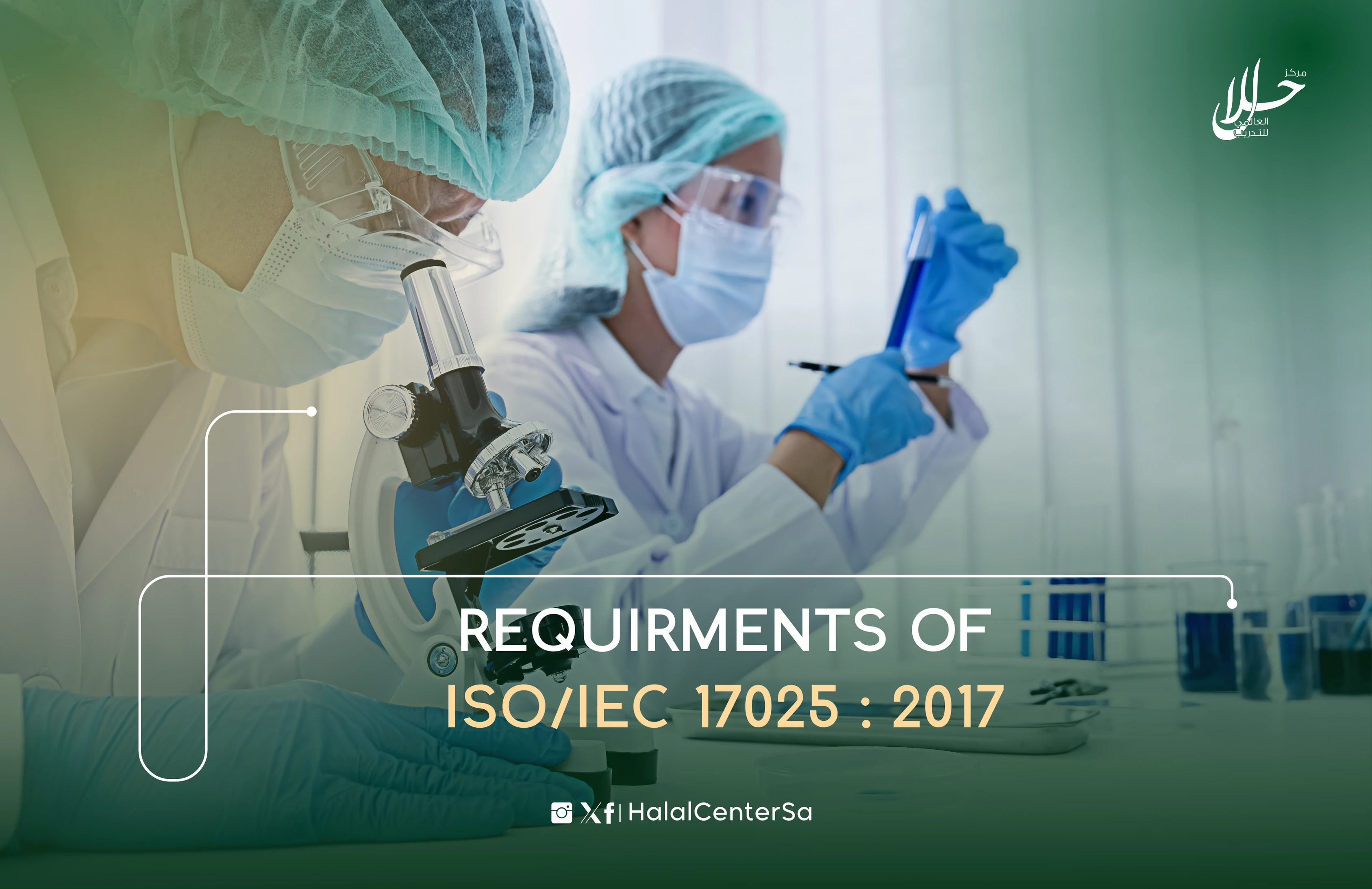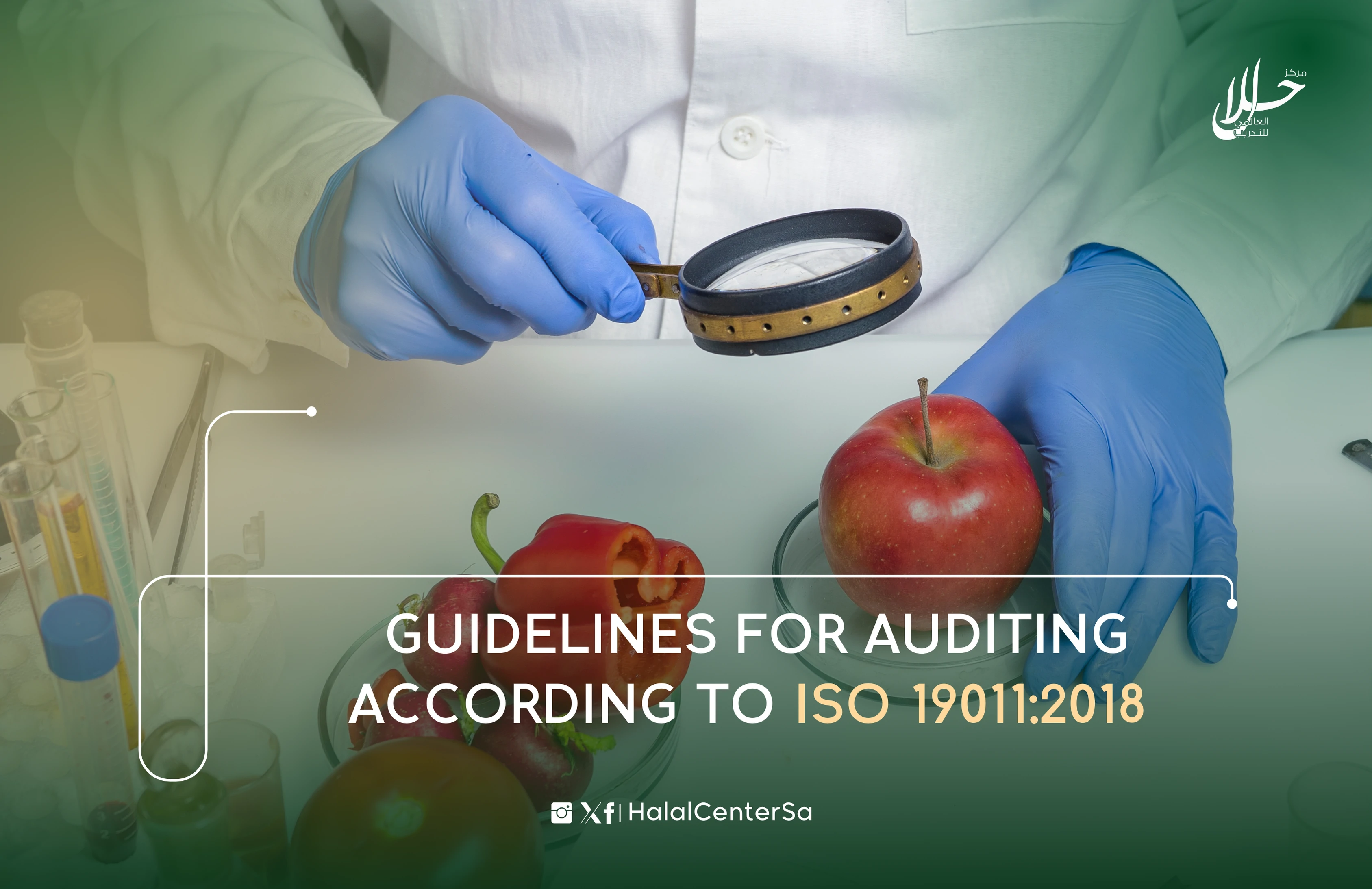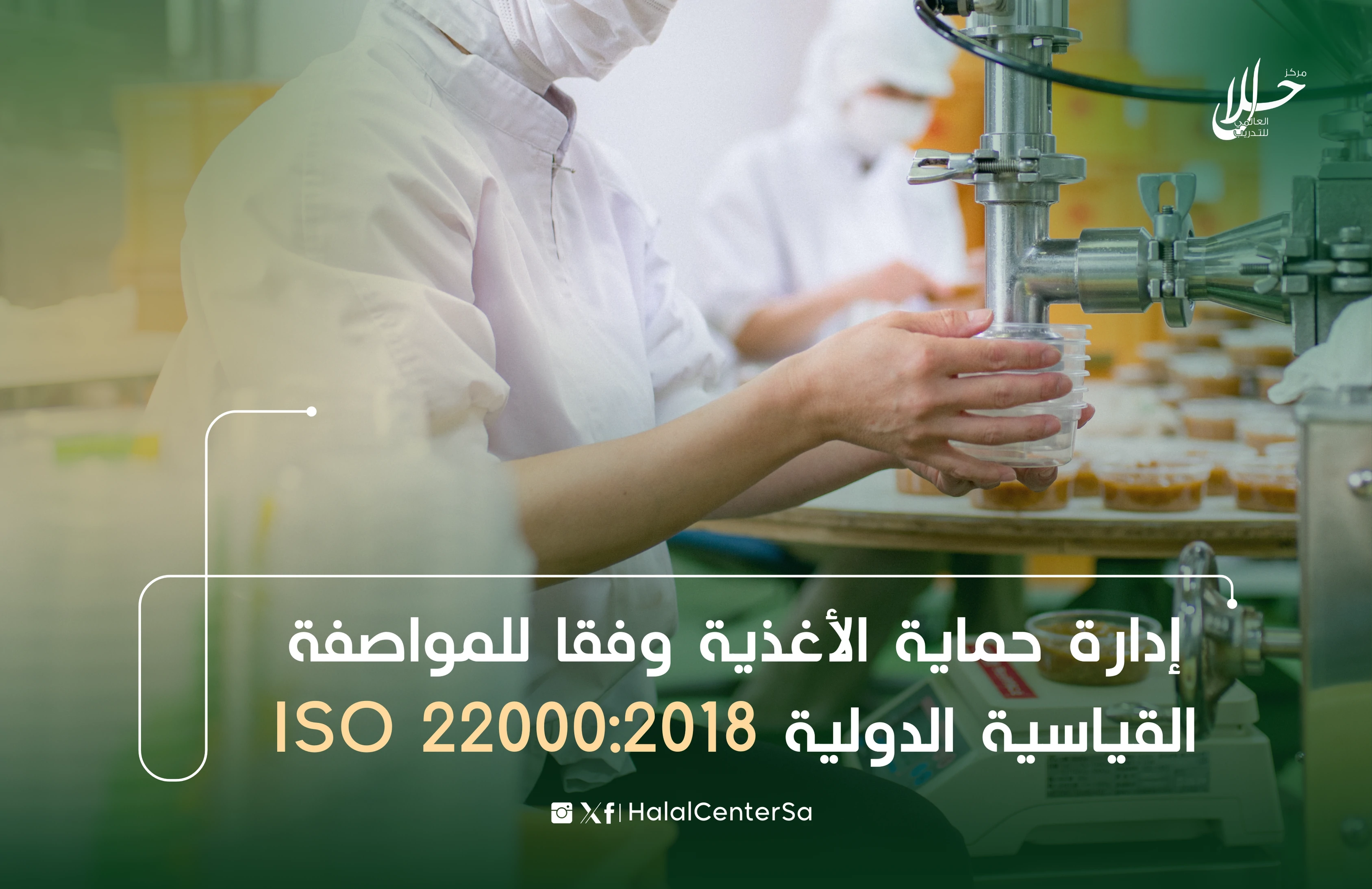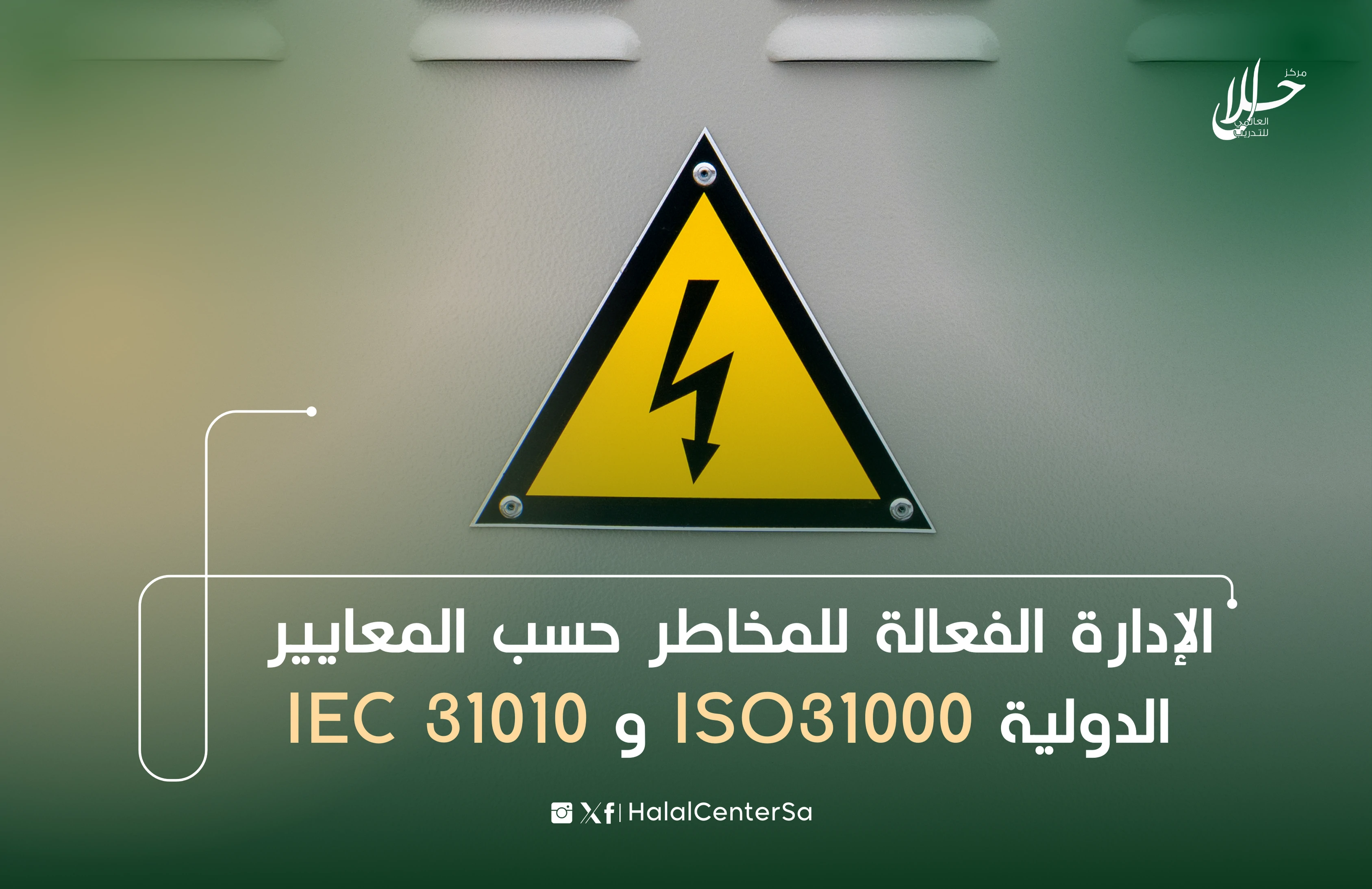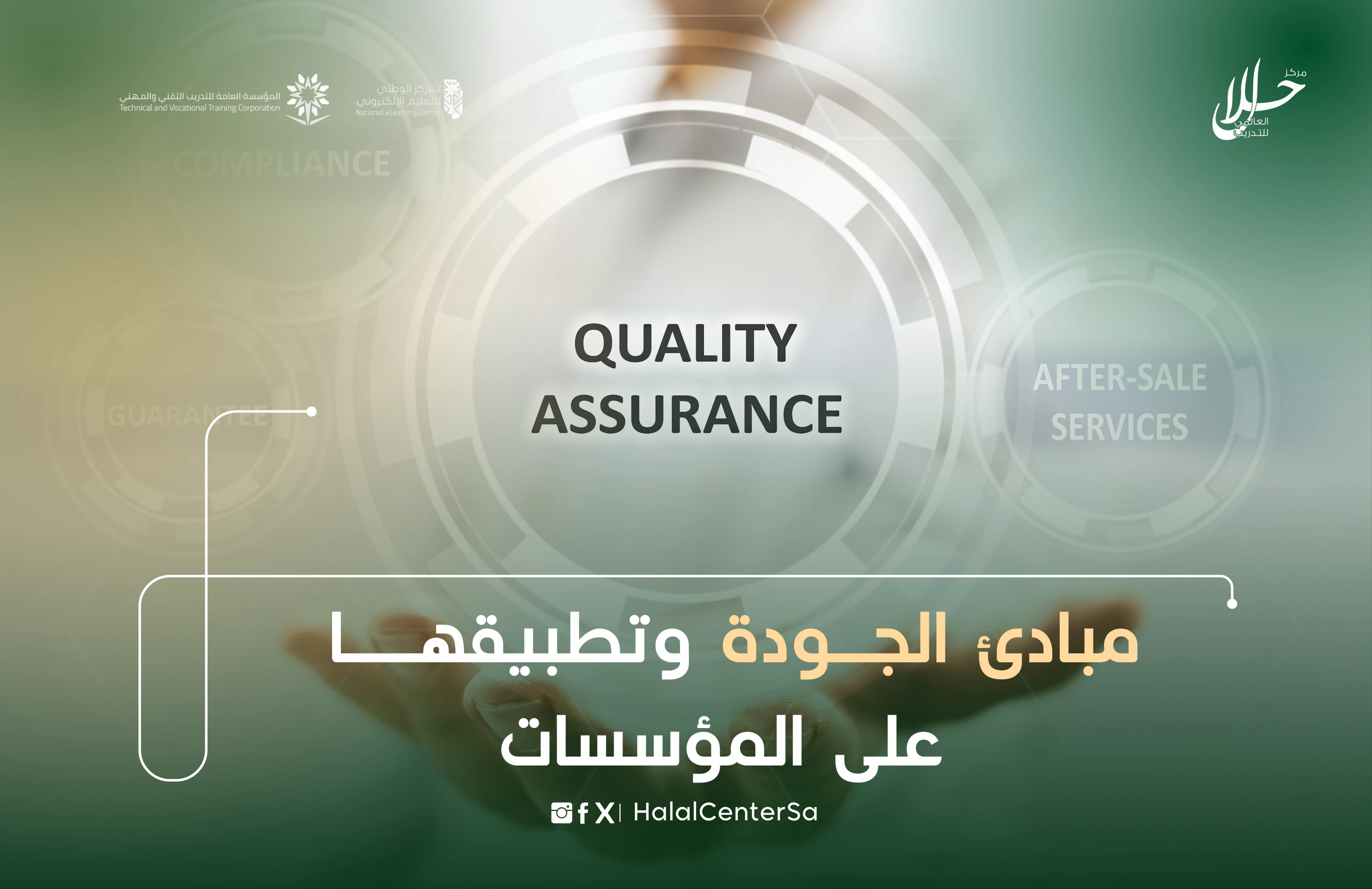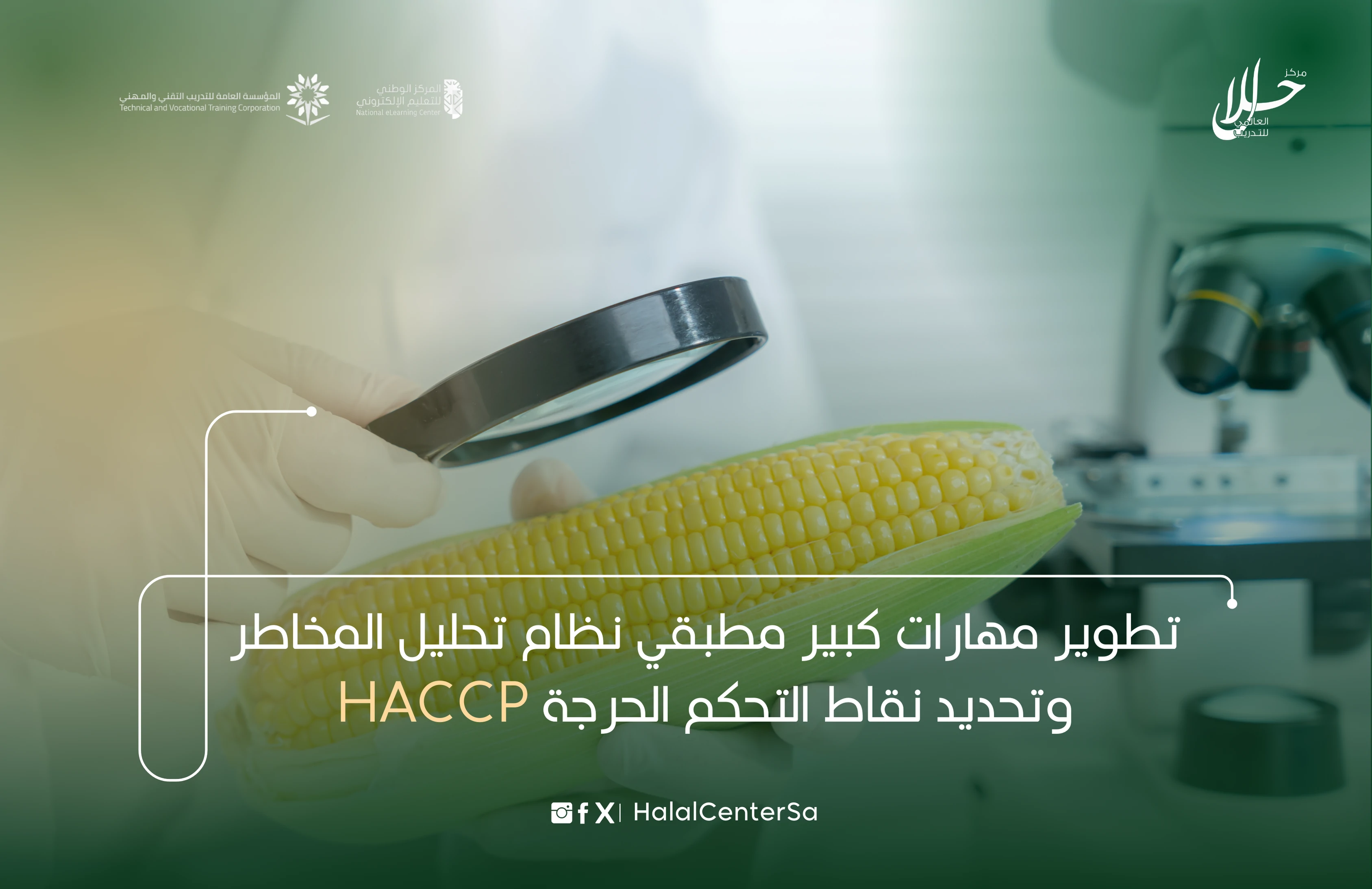




Training Program Description:
This program focuses on the Hazard Analysis and Critical Control Points (HACCP) system, one of the most important food safety assurance systems in the food industry. It aims to improve manufacturing quality, reduce waste, extend shelf life, and ensure compliance with regulatory standards to minimize the risk of foodborne illnesses.
Program Objectives:
-
To understand the basic requirements for implementing the HACCP system.
-
To gain knowledge of the system’s concepts and the seven core principles.
-
To form the HACCP team and identify the required skills for its members.
-
To learn how to analyze hazards and determine critical control points and limits.
-
To establish monitoring systems and corrective action procedures.
-
To train on preparing HACCP documentation and how to review and update the system.
Target Audience:
-
Professionals working in the food industry.
-
Quality assurance and food safety officers in food factories and establishments.
-
Individuals seeking to develop their skills in the field of food sciences.
-
Students specializing in food science and related fields.
🔹 Minimum Qualification Required: High school or equivalent.
-
Course title Developing the skills of senior HACCP implementers
-
Overall time 15 Hour
-
Overall days 3 Day
-
Accreditation code 185331446
-
Course type
- Online
- Offline
About course
Training Program Description
The Hazard Analysis and Critical Control Points (HACCP) system is considered one of the most important programs in the food industry. Most companies strive to implement it in order to ensure the quality of manufacturing processes, extend product shelf life, reduce incidents of food poisoning, and monitor the effectiveness of operations at all stages of the manufacturing process. It also aims to identify critical points and limits, ensure the safety of the surrounding conditions during production, reduce waste, and apply the standards set by regulatory and governmental authorities.
This program aims to introduce trainees to the basic requirements that must be met by facilities before implementing the HACCP system, as well as the fundamental concepts of HACCP, its origin, reasons for implementation, and importance. The program also covers how to form the HACCP team, the skills and expertise required for team members, how to conduct hazard analysis, determine critical limits, establish monitoring systems, and develop corrective actions.
Moreover, it ensures that trainees are familiar with all prerequisite steps, the seven basic principles of the HACCP system, how to prepare HACCP documentation and templates, and how to review, update, and audit them effectively.
Program Objectives
1-To enable trainees to understand the origin of the HACCP system, its fundamental concepts, and the requirements that must be met before implementation in food facilities.
2-To distinguish between the preliminary steps and the core principles of HACCP, and to follow the logical sequence for implementing the system.
3-To familiarize trainees with the types of hazards (biological, chemical, and physical) and how to analyze them through practical applications and exercises.
4-To understand how to develop control and monitoring measures and procedures within the organization for both food products and the surrounding production environment.
5-To develop the skill of creating process flowcharts through practical training and exercises.
6-To learn how to accurately describe products in HACCP plans.
7-To distinguish between Critical Control Points (CCP) and Operational Prerequisite Programs (OPRP) within manufacturing processes.
8-To differentiate between preventive actions and corrective actions, and how to formulate and approve them for each step of the manufacturing process by management.
9-To distinguish between verification and validation procedures and activities.
10-To identify the types of HACCP records, their components, and how to manage, retain, and document them properly.
11-To understand the difference between a HACCP Plan and a HACCP Manual, and how to audit and review them effectively.
12-To review and correct HACCP plan templates created by trainees as part of the training process.
Reviews (3)
-
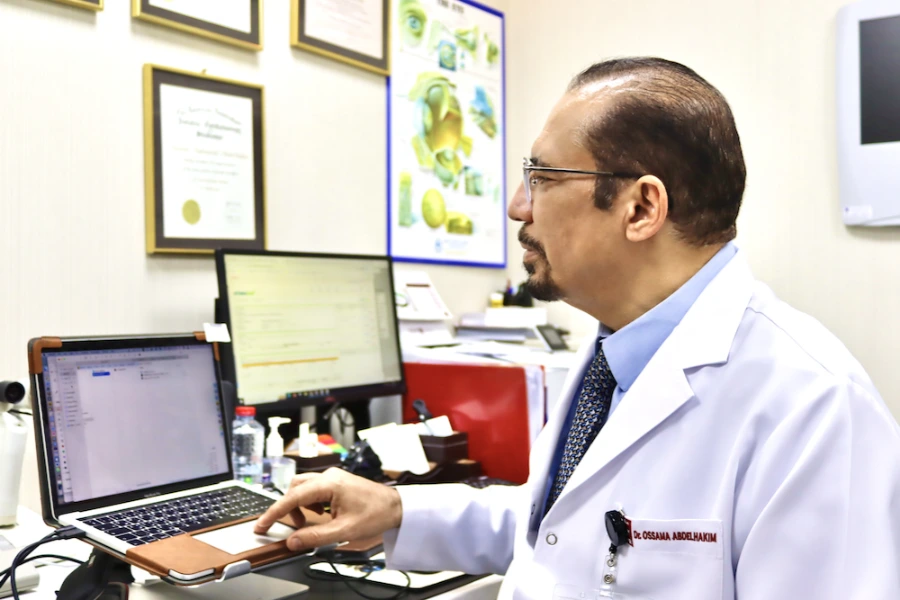 1
14 months ago
r4yrutrfur
-
3
4 months ago
ارشحه بقوة
-
 3
34 months ago
thnaks good course ever
Related courses
Offline 1500
Online 1500
Offline 1500
Online 1500
Offline 600
Online 600
Offline 950
Online 950
Offline 199
Online 199
Offline 950
Online 950
Offline Free
Online Free
Developing the skills of auditors in the field of halal food (foundations and principles) GSO 2055-1
Offline 1500
Online 1500
Offline Free
Online Free
Offline 199
Online 199
Offline 1500
Online 1500
Offline 1500
Online 1500
Offline 199
Online 199
Offline 1500
Online 1500
Offline 500
Online 500
Offline 199
Online 199
Offline 600
Online 600
Offline 1500
Online 1500
Offline 800
Online 800






























